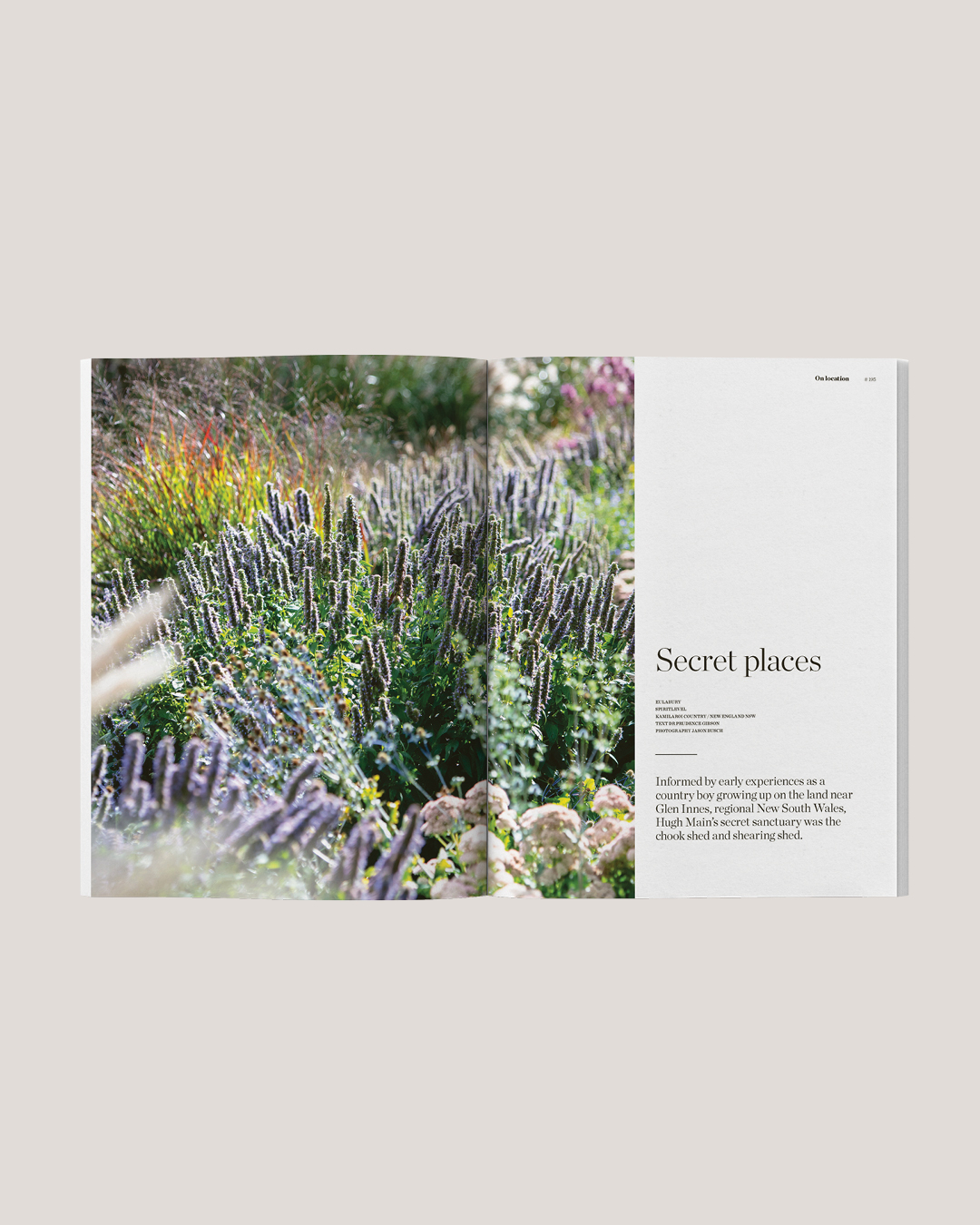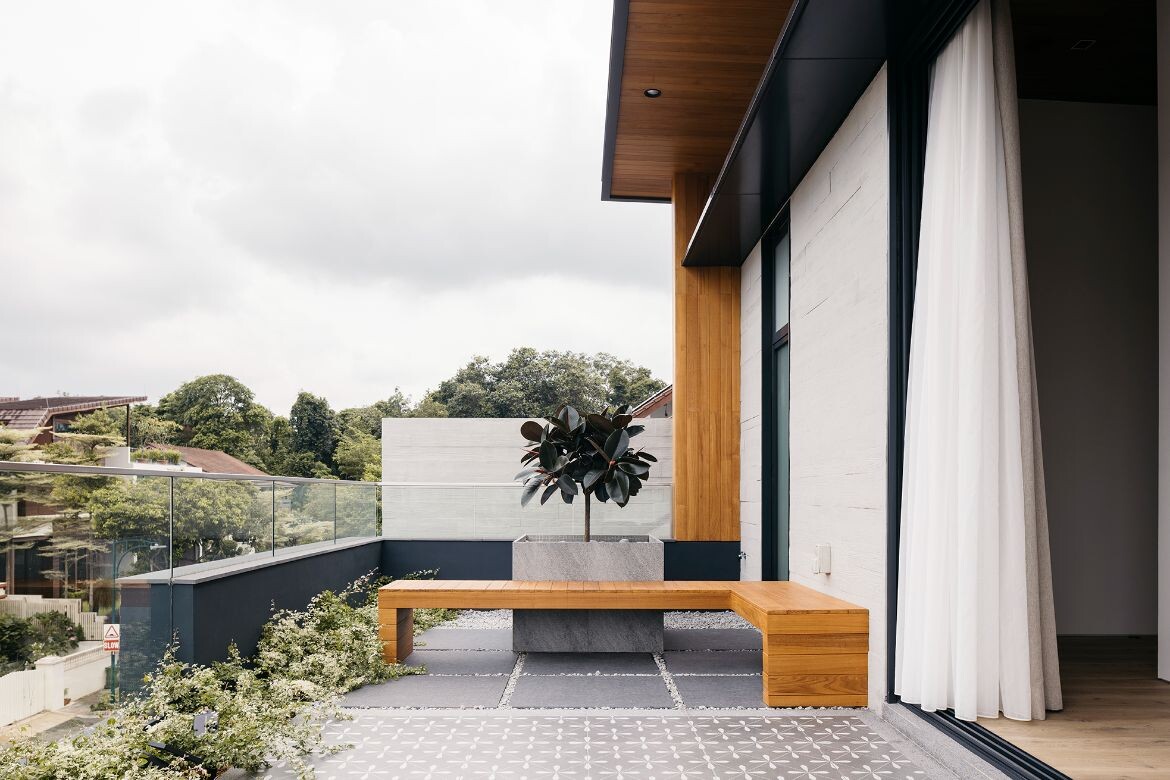Pocket gardens can do a lot with a little. Take for example this miniature Japanese garden that fronts a Singapore home. The garden plot is only 57 square meters, yet it contains all the essential elements to provide restrained beauty and calm: there is stone, water, plants, a path, a lantern, and even a bridge.
The house belongs to a family who loves gardening and spending time outdoors. “The client shared with us their preference for the simplicity of Japanese aesthetics,” says Clement Koh of Mark 12 Architects who designed the house. “With this in mind, we crafted a short meandering route through a miniaturised Japanese garden before the arrival at the entrance foyer.”
“The route offers the experience of walking on crushed rocks, enjoying the natural beauty of bonsai, greenery, and koi pond accompanied by soothing sounds of flowing water. It was a challenge to cohesively design and incorporate these elements on a compact site,” adds Koh.
Features in the garden are made to work hard. The sound of water, for instance, comes from a spout that has been integrated into a custom-made bench. Size is an important factor too. Dwarf shrubs and small trees, including Chinese Fringe Flower and Milkwood find their places comfortably in the scaled down landscaping.
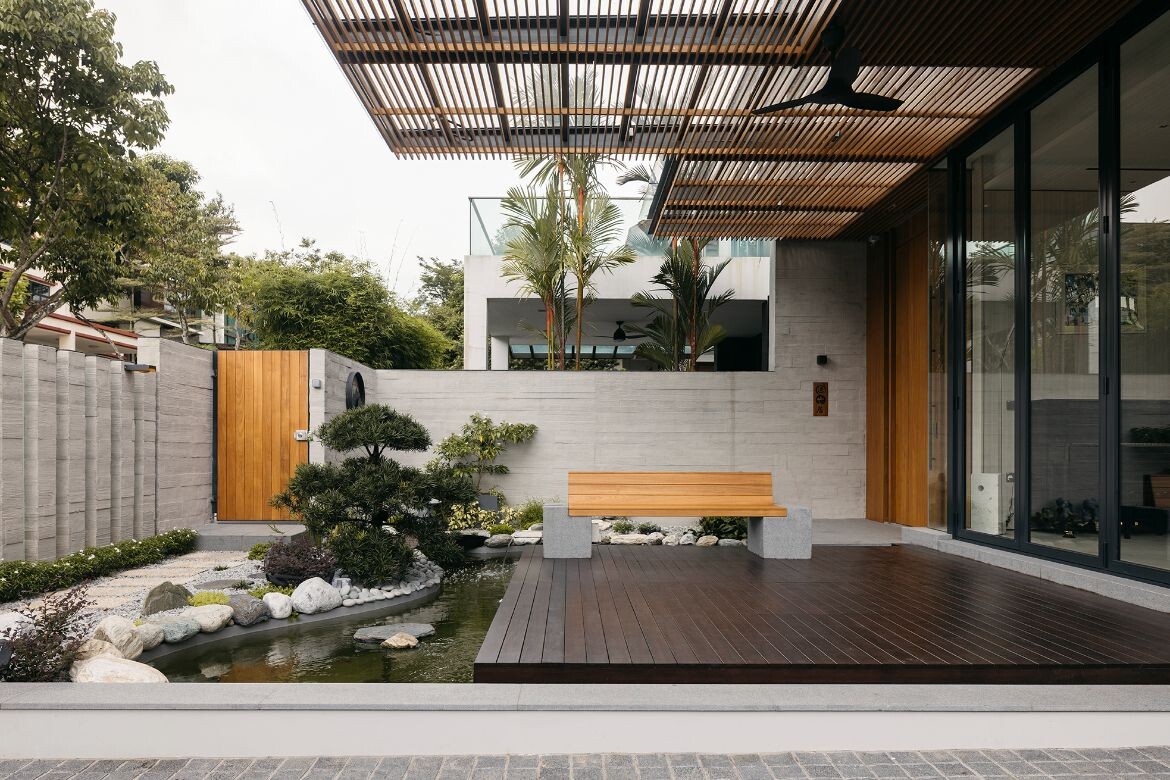
The family, which has three children, two tortoises, and one poodle, had asked to have a verandah, lush greenery, and a water feature. While these are not uncommon requests in a home brief, the integration of these features requires deft handling.
After all, land comes at a premium in this country and private outdoor and garden spaces are a luxury. To Koh, this project is an inquiry into the ways compact residential spaces can relate to nature.
The front garden can be enjoyed from the verandah as well as the living room, which gazes out to it. In fact, the key interior spaces have layouts orientated to provide views and access to greenery. Green terraces and planter boxers are found on all levels of the house so the green-thumbed family can enjoy the gardens from their own rooms too.
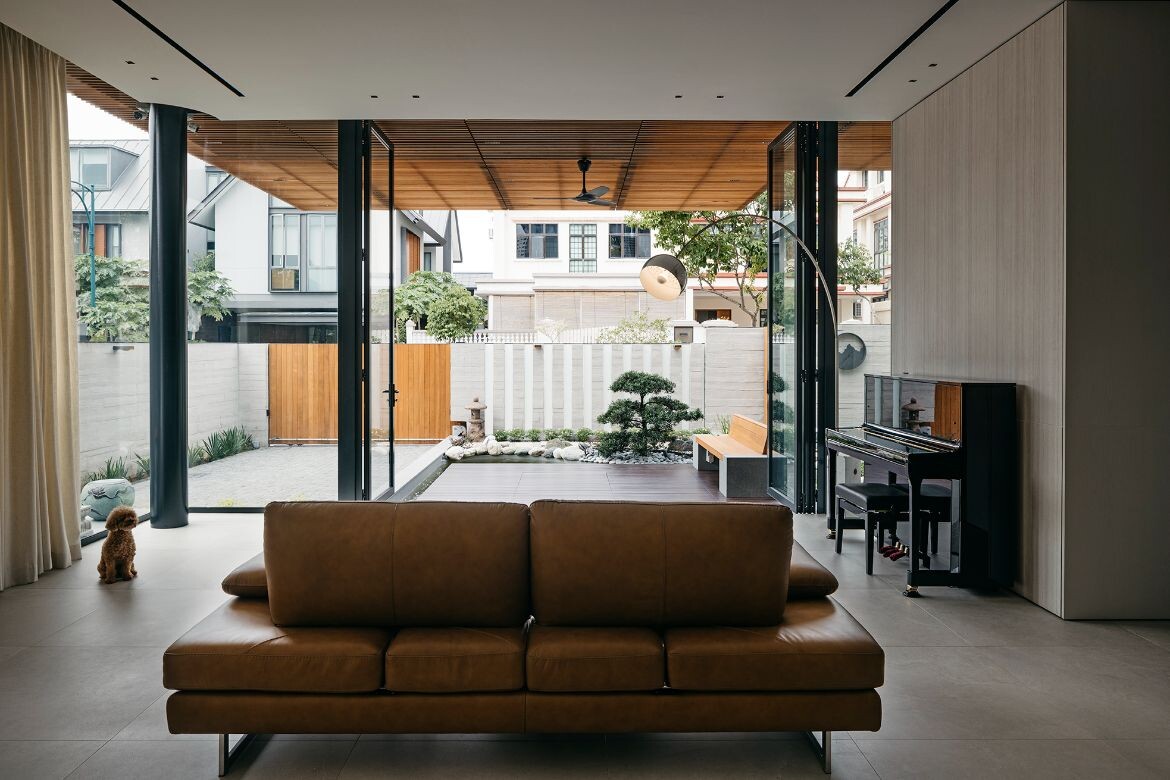
Respecting the family’s preference for natural materials and textures, Koh wanted the house to carry the imprints of nature. As a result, the house is given a teak timber ceiling and façade cladding.
The master bedroom wall features wood panelling from Wonderwalls Studio, a company that creates its collections with sustainably sourced salvaged woods. Not least, concrete formliners were used to imprint wood-grain patterns on the surfaces of the façade, boundary walls, and some interior walls.
Mark 12 Architects was able to deliver a home to meet this family’s needs – and then some with a clever approach to green spaces.
Project details
Architecture – Mark 12 Architects
Photography – Studio Periphery
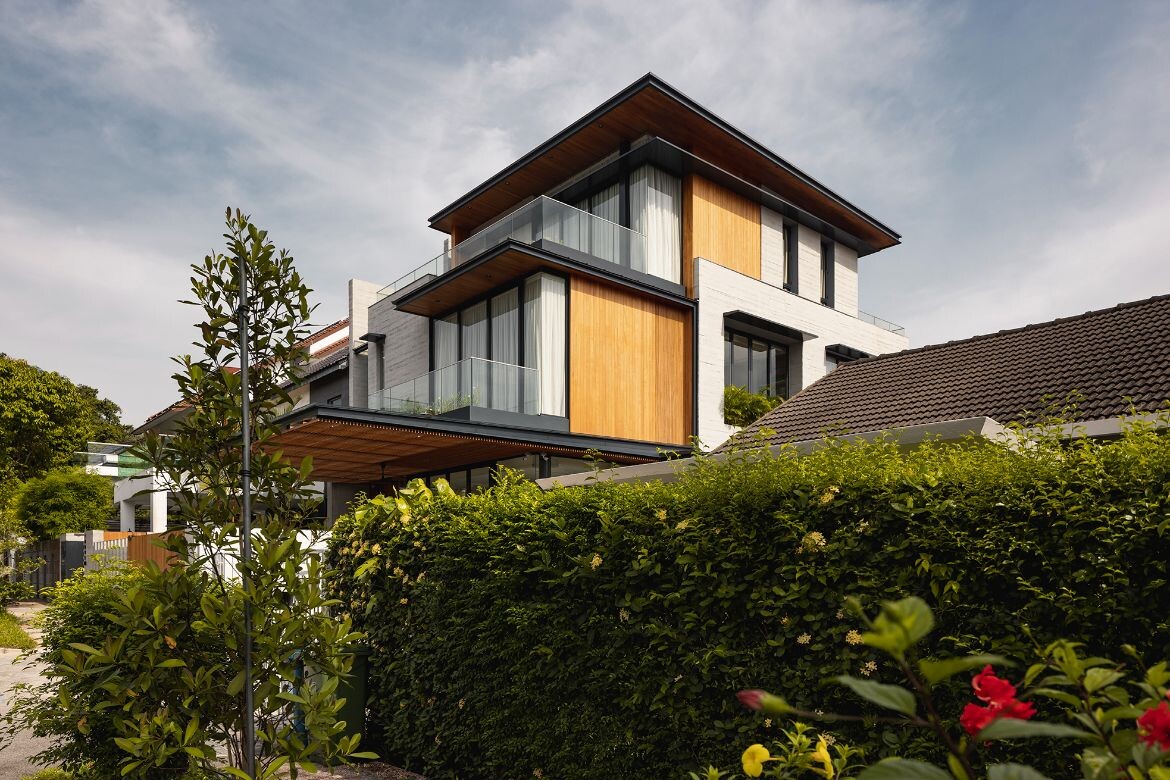
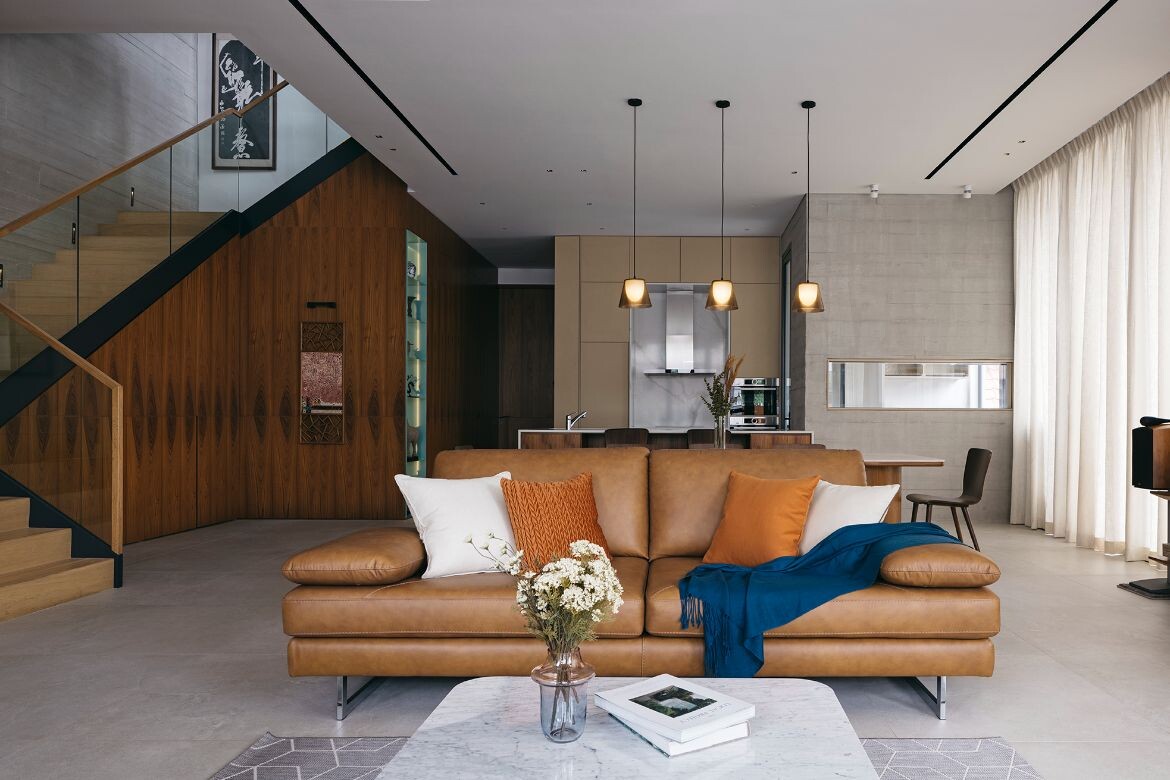
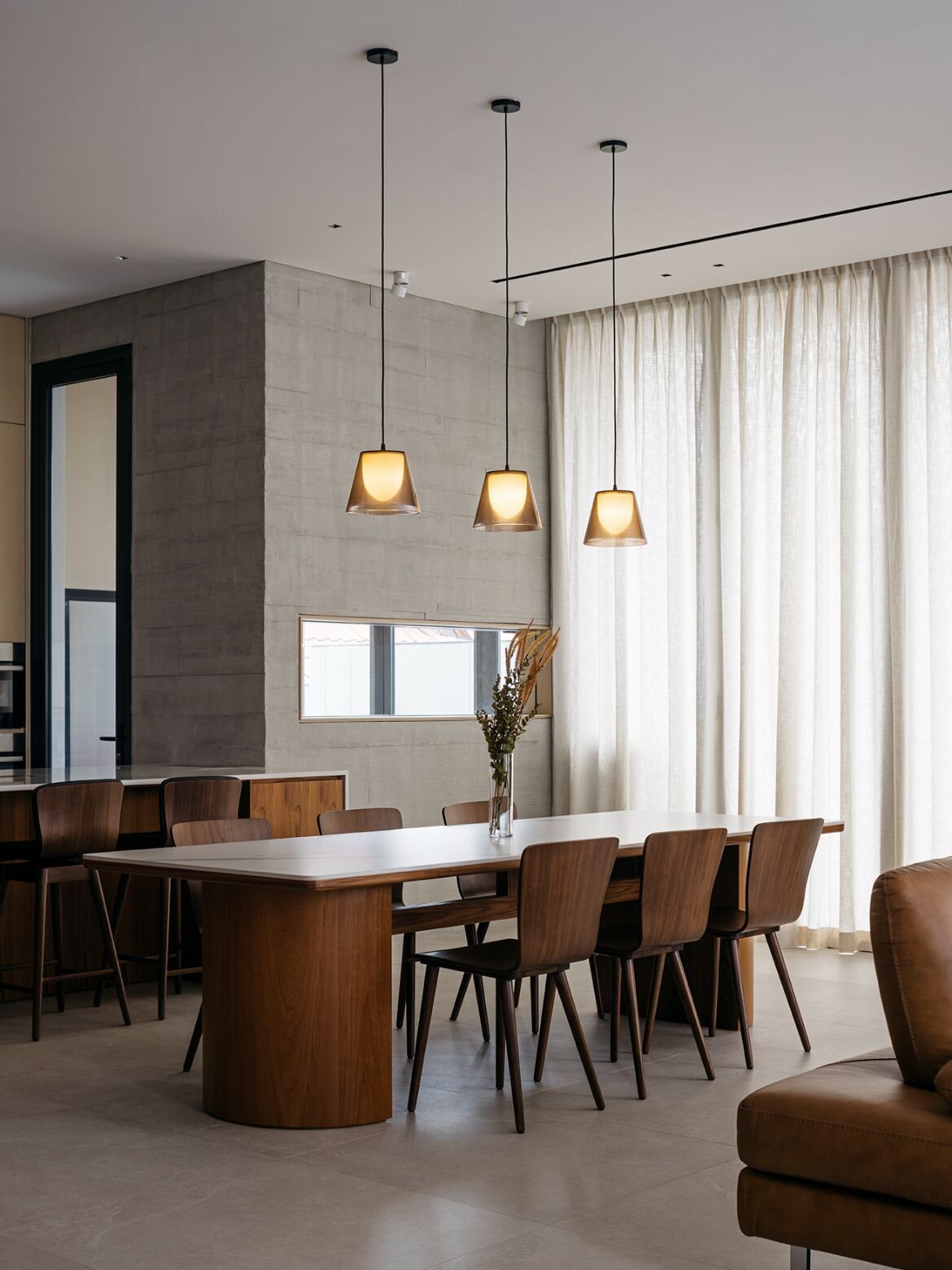
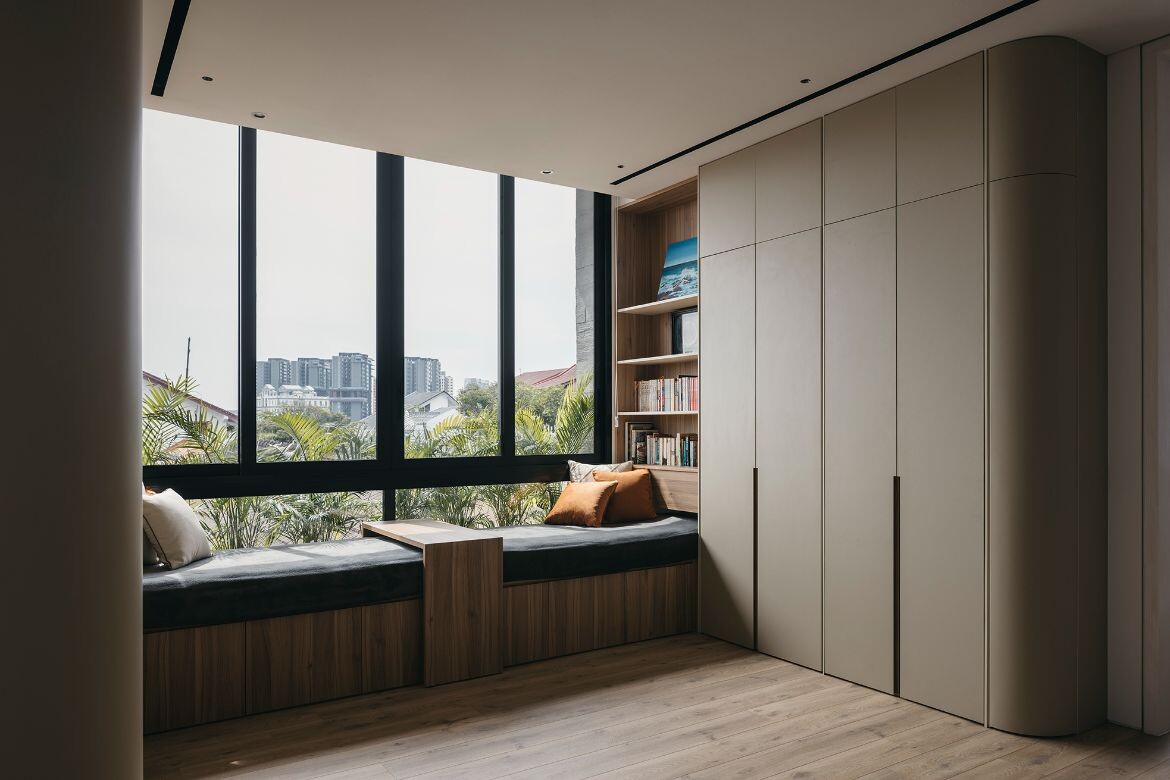
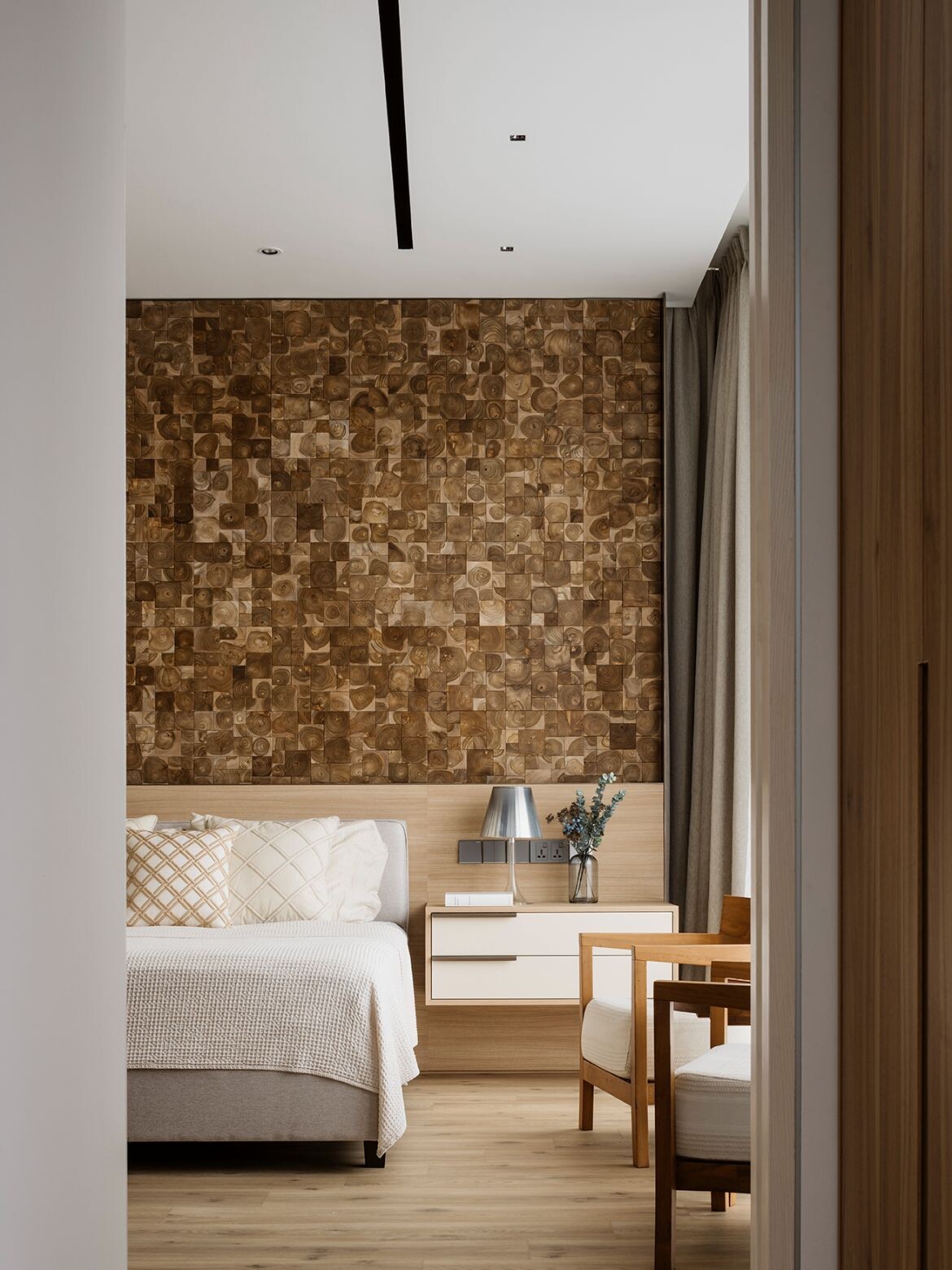
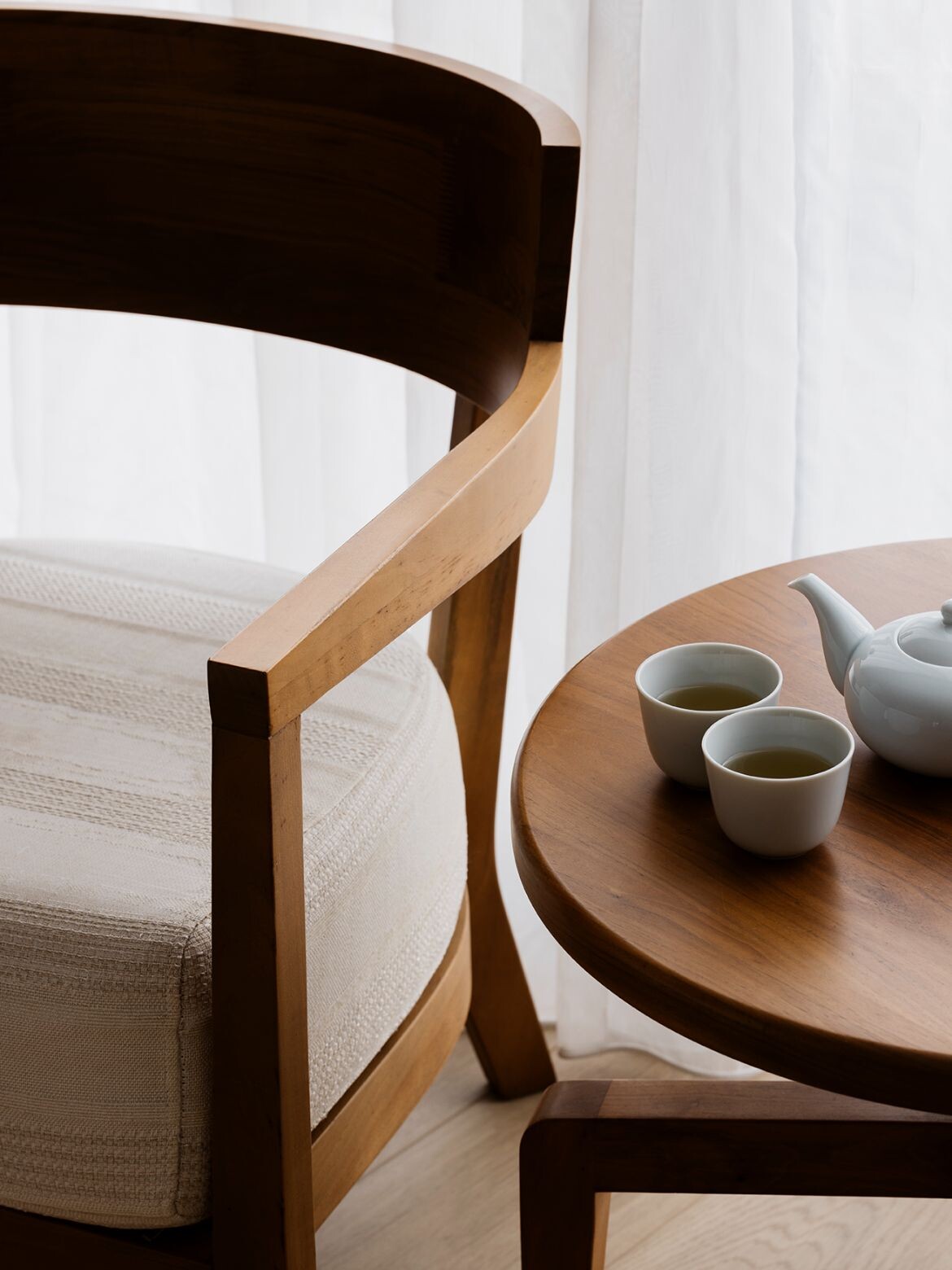
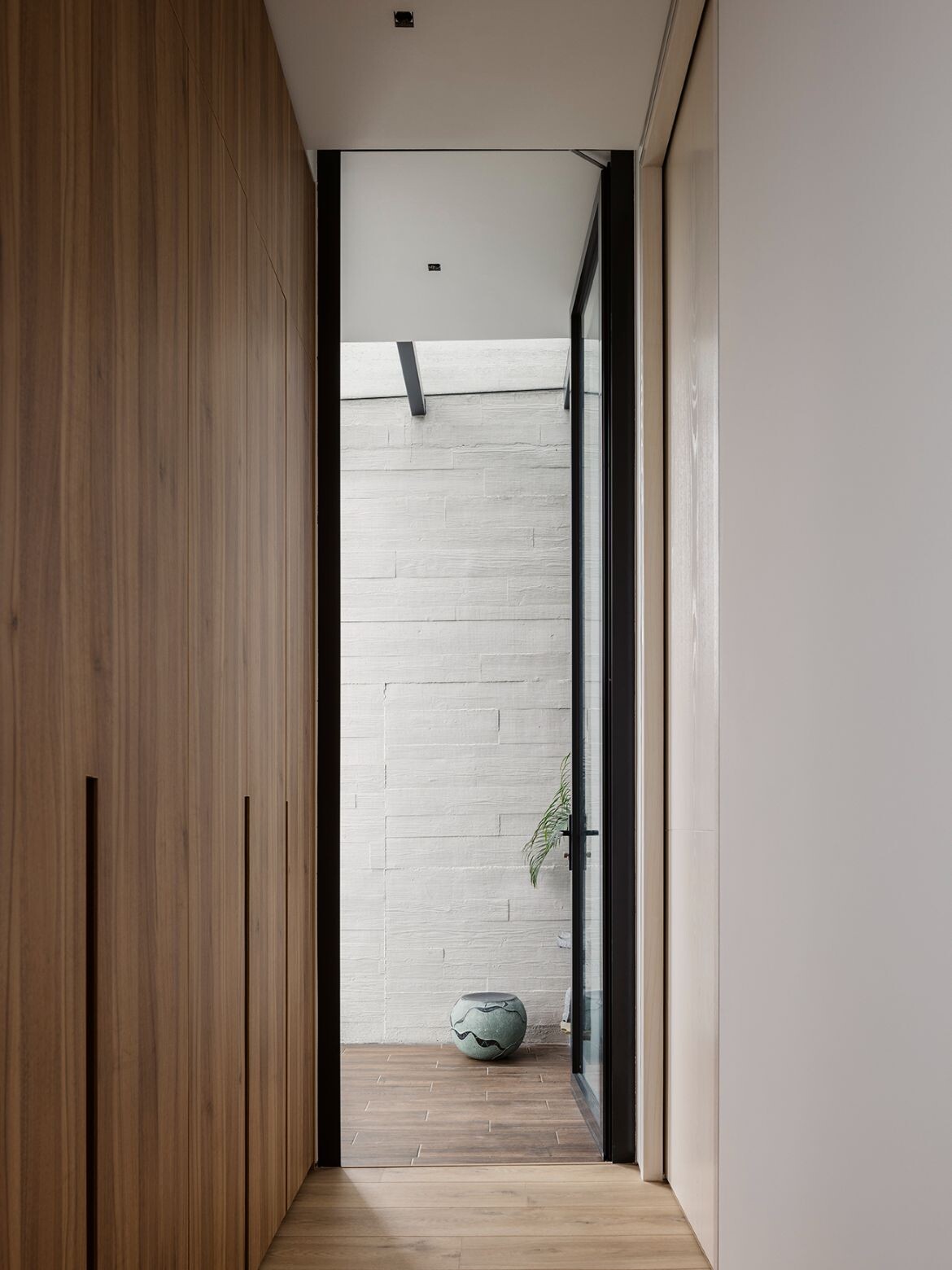
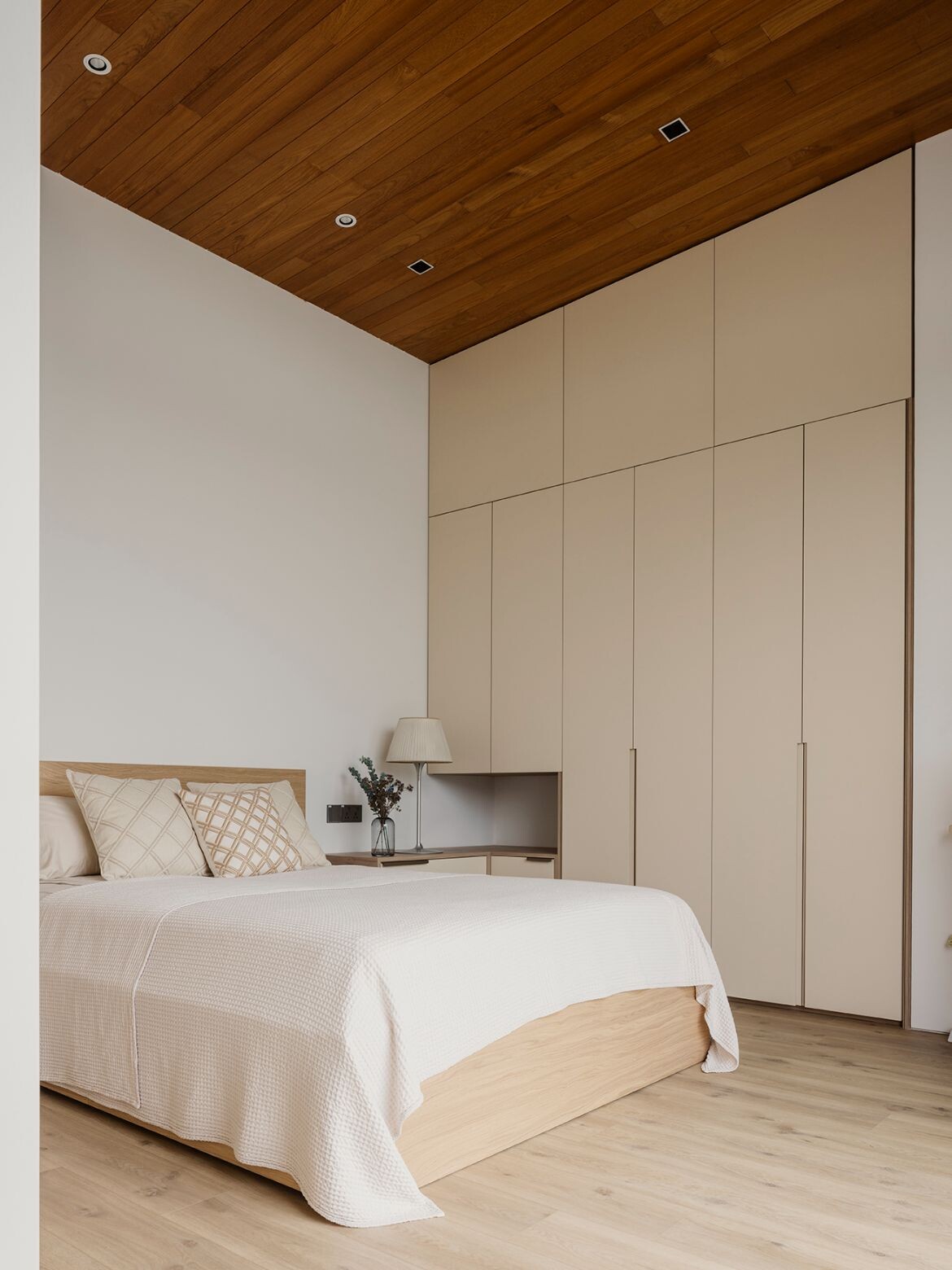
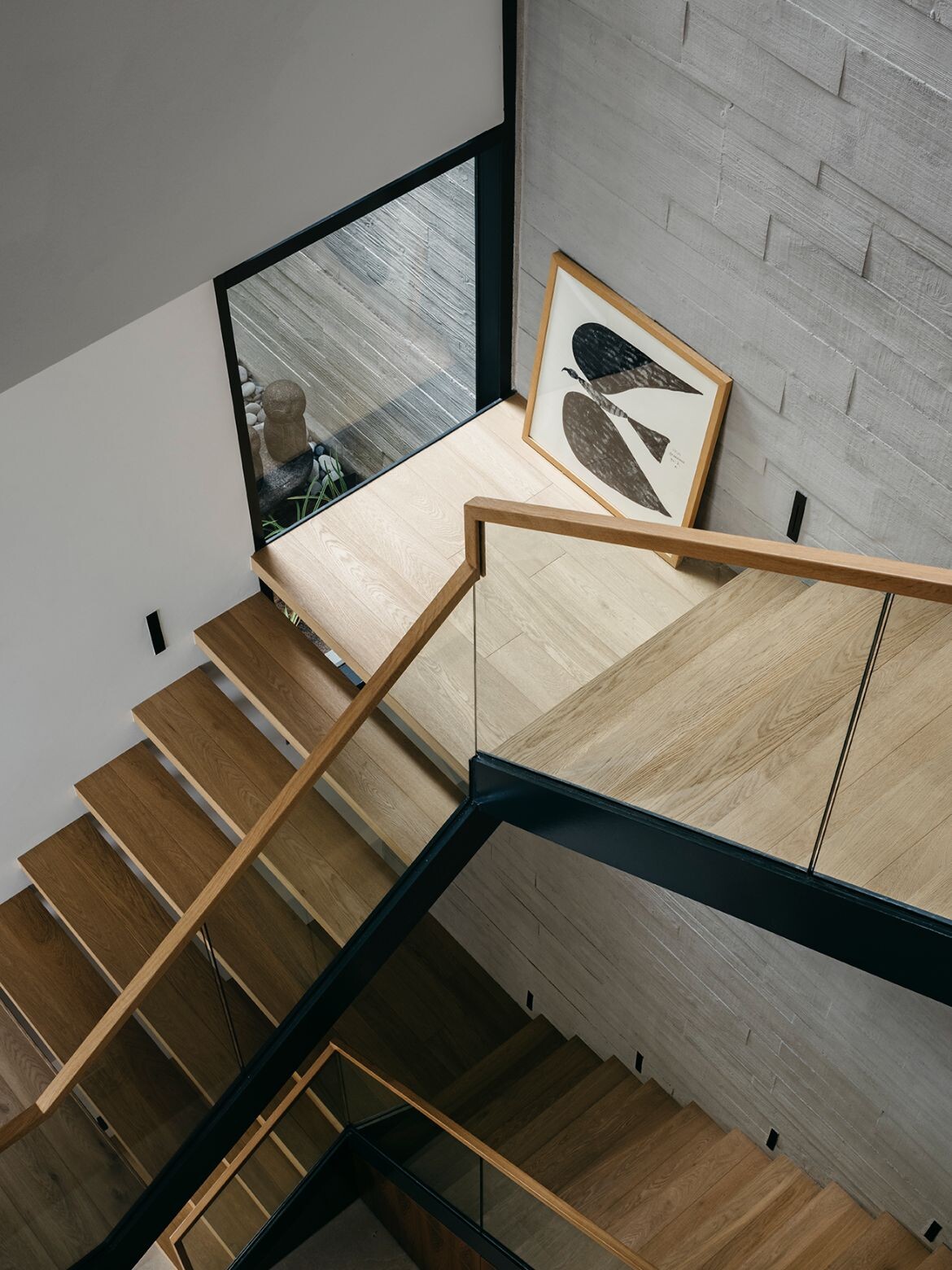
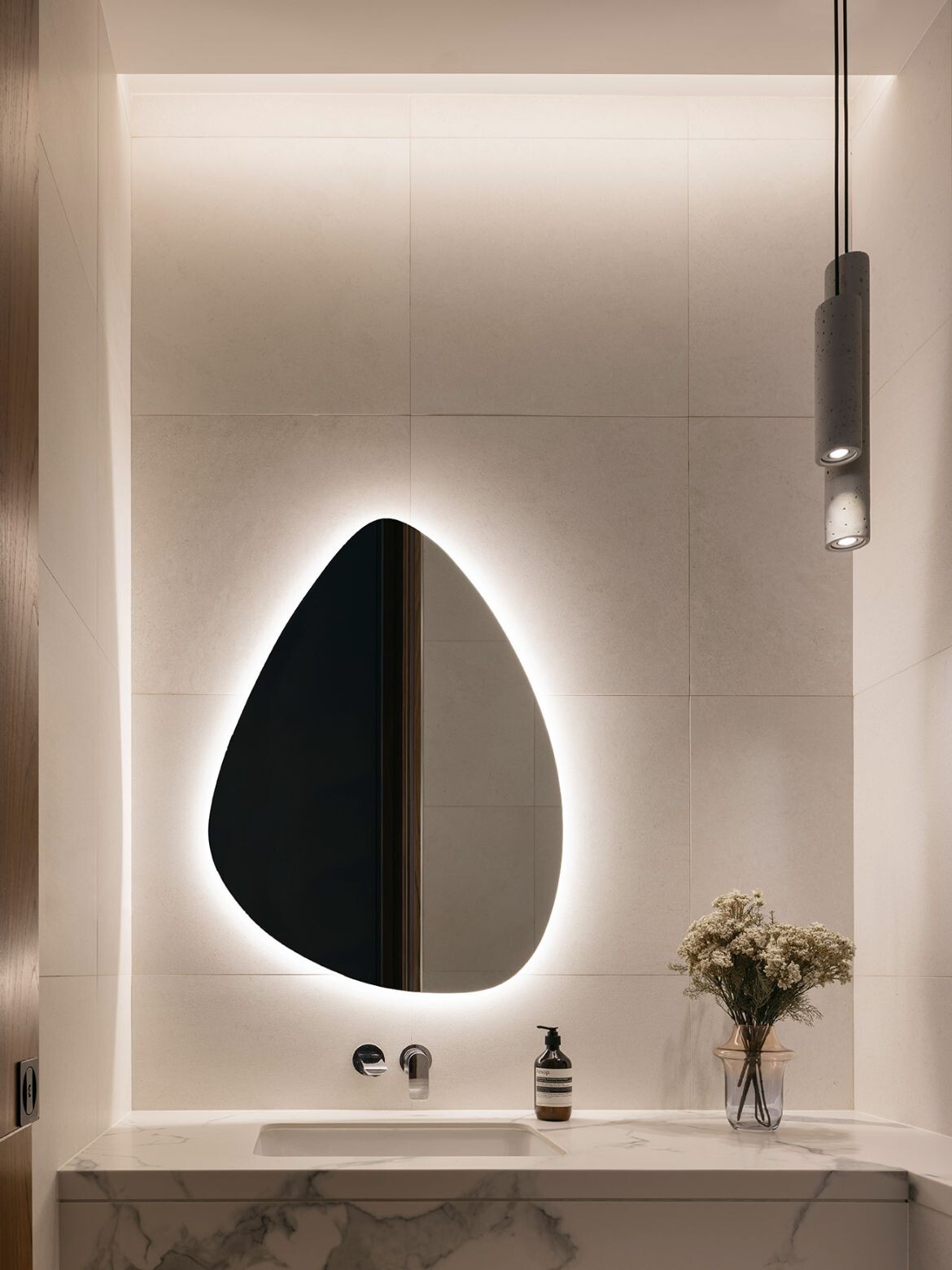
We think you might like this story on Annandale Terrace by Sam Crawford Architects.
